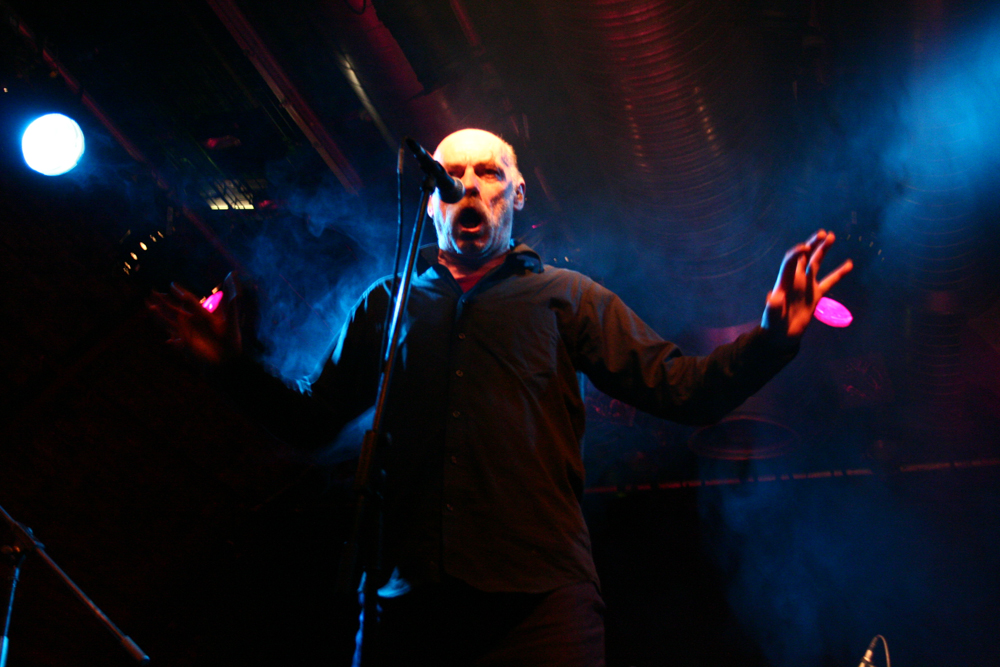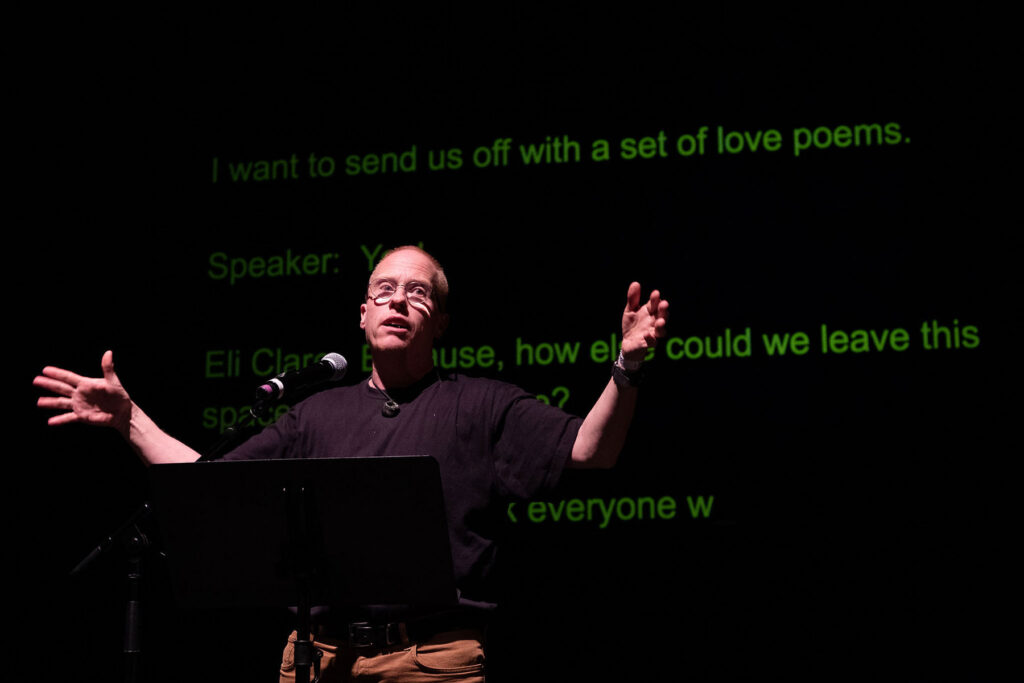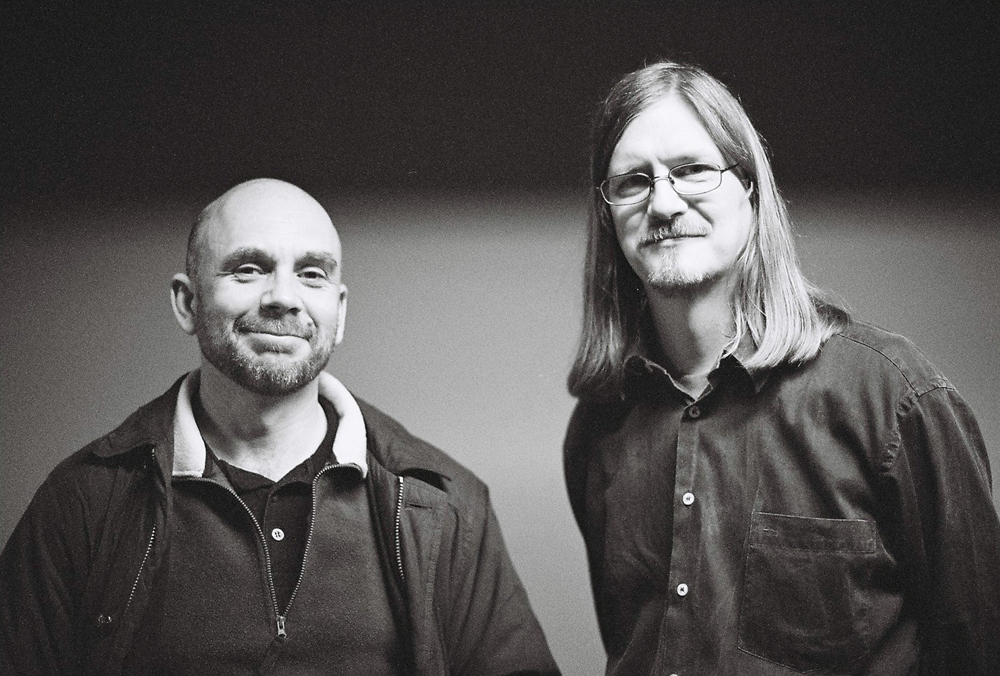Infest – Ben Reynolds
Ben Reynolds
An LSD trip gone right via dense explorations of post-Fahey steel and low level drone.
Arika have been creating events since 2001. The Archive is space to share the documentation of our work, over 600 events from the past 20 years. Browse the archive by event, artists and collections, explore using theme pairs, or use the index for a comprehensive overview.
An LSD trip gone right via dense explorations of post-Fahey steel and low level drone.

Beatriz will explore her thinking, on film as translation, plural subjectivity or land-based militancy. Discussion will centre around her work Oriana and its companion piece Oenanthe, which will be screened in full.

Blood Stereo & Ludo Mich: linking past and present generations of DIY intuitive expression in a post fluxus ‘big mess’.

Four perspectives from people involved in different anti-capitalist and anti-racist struggles, considering how ideas of ‘ending’ have shaped their political thinking and praxis.

During Episode 9 we made this clip with Storyboard P at Kinning Park Complex. Video by Ash Reid.

Social and party with all proceeds going to the Unity Centre, featuring DJ SETS with Dj@Christelle, DJ D-Harsh, Nena Etza & Moor Mother.

Poems are kisses, fists, and underground rivers. For all these reasons and many more, I am a poet.

If life is assaulted by power, where do we find spaces for living? A conversation with Peter Pál Pelbart.

Usurper luddite twins’ disabled instruments play a game of pick-up-sticks with the deconstructed horn of a young Derby opponent.

Politicised fan-fiction chronicling working class gay urban space and fantasy.

A recently reanimated Ascension, with mighty Leeds drum hero Paul Hession bringing a dense polyrhythmic torrent into play with Jaworzyn’s reinvigorated piercing guitar.
Sean and Taku share an interest in structure, space and time. A spartan, abstract, considered and surprisingly musical set.